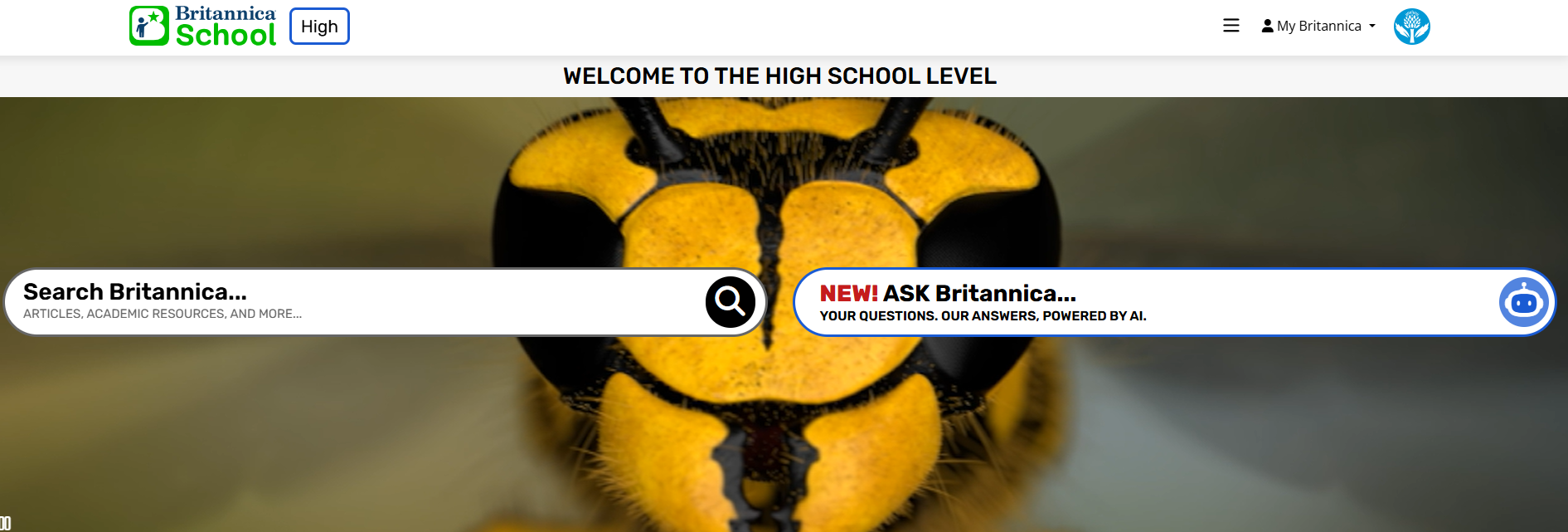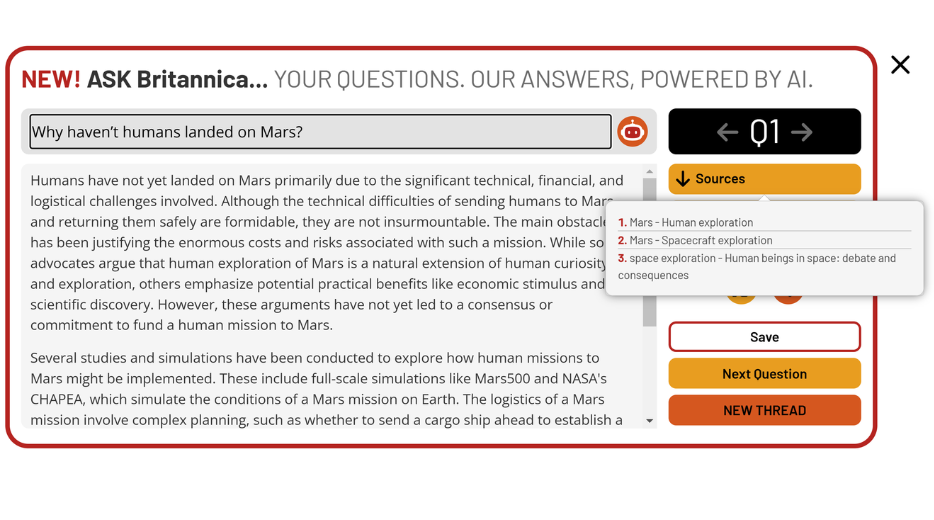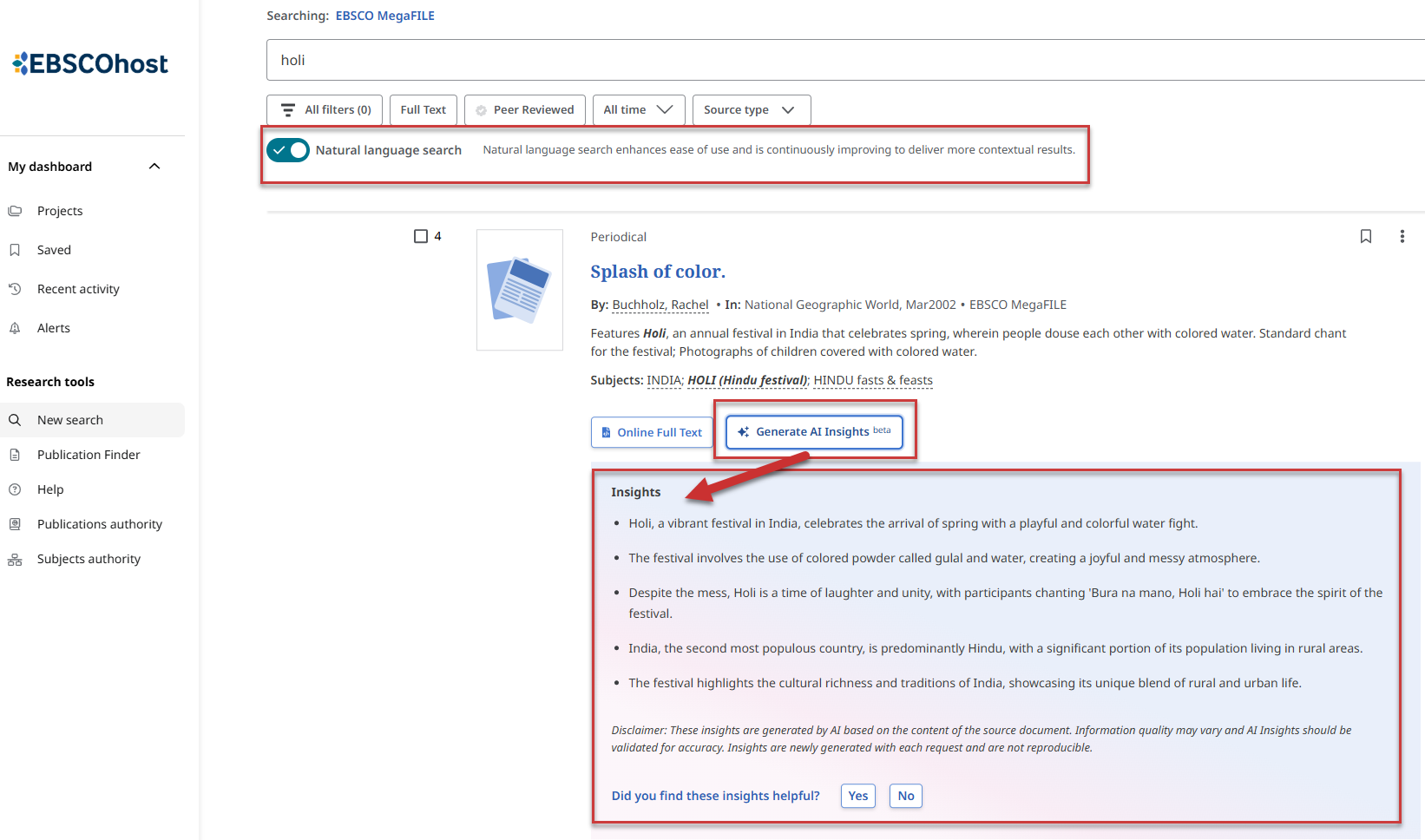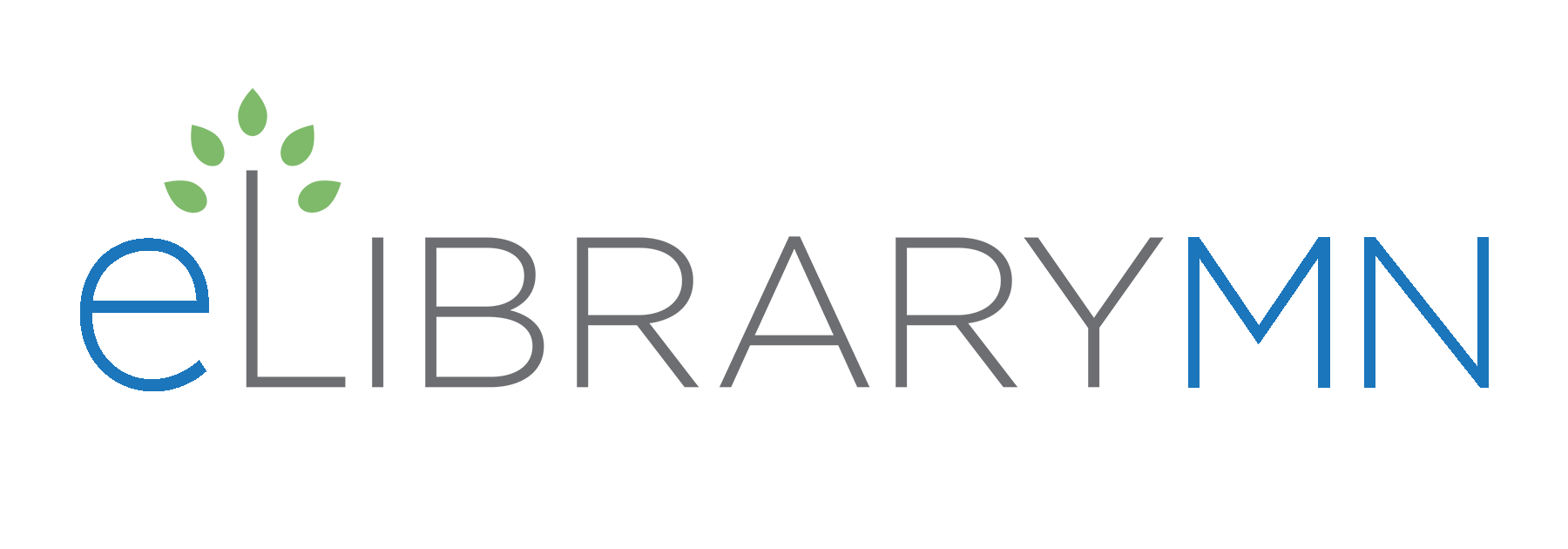by Ann Kaste
Quick Summary
EBSCO and Britannica are now offering AI enhancements to their search interfaces, and Britannica has recently added AI to the High School Interface. These are live within the respective ELM links, and available for institutional administrators to activate for their own institutions. Try them out today!

Minitex librarians have carefully reviewed the following AI tools. We focused on testing for a positive user experience as well as assessing business practices employed by the tools, especially ensuring that they adhere to agreeable user data practices.
Britannica High School and Academic Interfaces
Now live in the High School interface, Britannica has combined AI technology with their trusted collection of content to give students the opportunity to ask questions and receive concise, accurate answers directly from the Britannica knowledge base. ASK Britannica uses natural language processing to interpret queries and pulls insights only from Britannica’s extensive library of articles.

For example, if a student asks “Why haven’t humans landed on Mars?” they’ll get a short summary powered by AI, but sourced exclusively from Britannica’s carefully vetted resources.

Along with the answer, ASK Britannica cites its sources, allowing users to explore the original material to gain a deeper understanding. Additionally, students can access suggested follow-up questions to guide further exploration, helping them navigate complex concepts and expand their knowledge.
For more information, see Britannica’s documentation.
EBSCOhost databases
AI Insights Summaries have been added to EBSCO Discovery and EBSCOhost databases: you will see these updates in resources including Explora Kids all the way to up to Academic Search Premier.
These summaries assist users in assessing an article’s relevance to their research by providing a new button in the result list. This feature uses Generative AI to create on-demand summaries of 2-5 key points, based on the full text of the article. An AI Insight is grounded in the full text of the article and, therefore, is only available when the article is hosted by EBSCO.

As we can see from the label, EBSCO still considers this a Beta. Please note the disclaimer at the end of every summary: “These insights are generated by AI based on the content of the source document. Information quality may vary and AI Insights should be validated for accuracy.”
In addition to AI Insights Summaries, Natural Language Search has also been enabled in the interfaces. Natural Language Search (NLS) allows students to search using everyday language in question or statement form. When searching, EBSCO uses AI models to help understand the intent behind your entered search. The former default search was set to proximity searching, and if that is your preferred mode, the Natural Language Search can be toggled off.
For more information, see EBSCO’s documentation on Natural Language Search and AI Insights.


